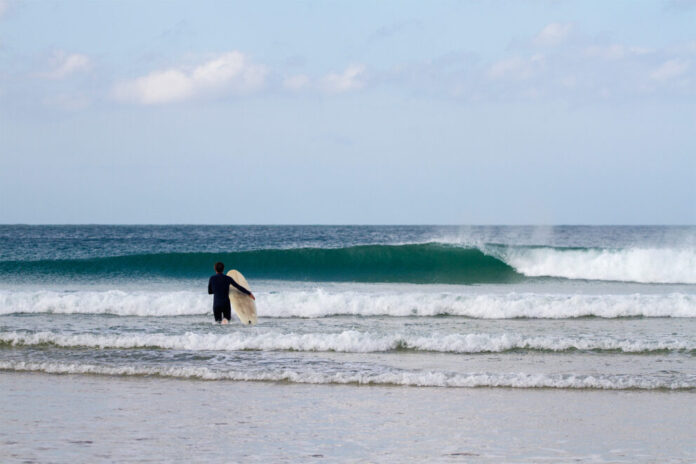“Will you delinquents shut up?
Someday you’ll have to straighten out and earn a decent living.
Pay attention and grow up sometime.
Turn into a respectable person.”“He’s a well-respected surfer.”
“That’s not a sport, it’s a disease.”
– Diner Scene, Big Wednesday (1978)
Modern surf culture has counter-cultural origins. As the sport was introduced to mainland USA, Australia and Europe through the 1950s and 60s, it was the pastime of coastal youth through a period of seismic societal change. Surfers wore their outsider status as a badge of honor; the rest of society used them as the poster boys and girls for dropping out and not conforming to the widely accepted values of the day. In the intervening decades, surfing and surfers have matured. You’ll now find people who practice or identify as surfers through all levels of society and professional achievement. Whilst some would no doubt like to cling on to surfing’s counter-cultural and rebellious status as part of their own self-identity, these days surfers are active and contributing citizens all around the world, and surfing is often recognized for the societal, cultural, health and economic benefits that it can foster.
Professor Rob Brander and his colleagues at the Beach Safety Research Group at UNSW Sydney are undertaking an international study that seeks to understand who surfers are, how long they’ve been surfing, how often they surf, and what their opinions are about coastal and environmental issues. They are also very interested in the role surfers play by rescuing people in trouble in the surf. Their aim is to establish the value(s) that surfers make to society.
They have designed an anonymous survey (with UNSW Sydney ethics permission) that will take most people about 15 minutes to complete. It’s open to all types of surfers aged over 18 years old, and is currently available in English, Portuguese, Spanish and French.





